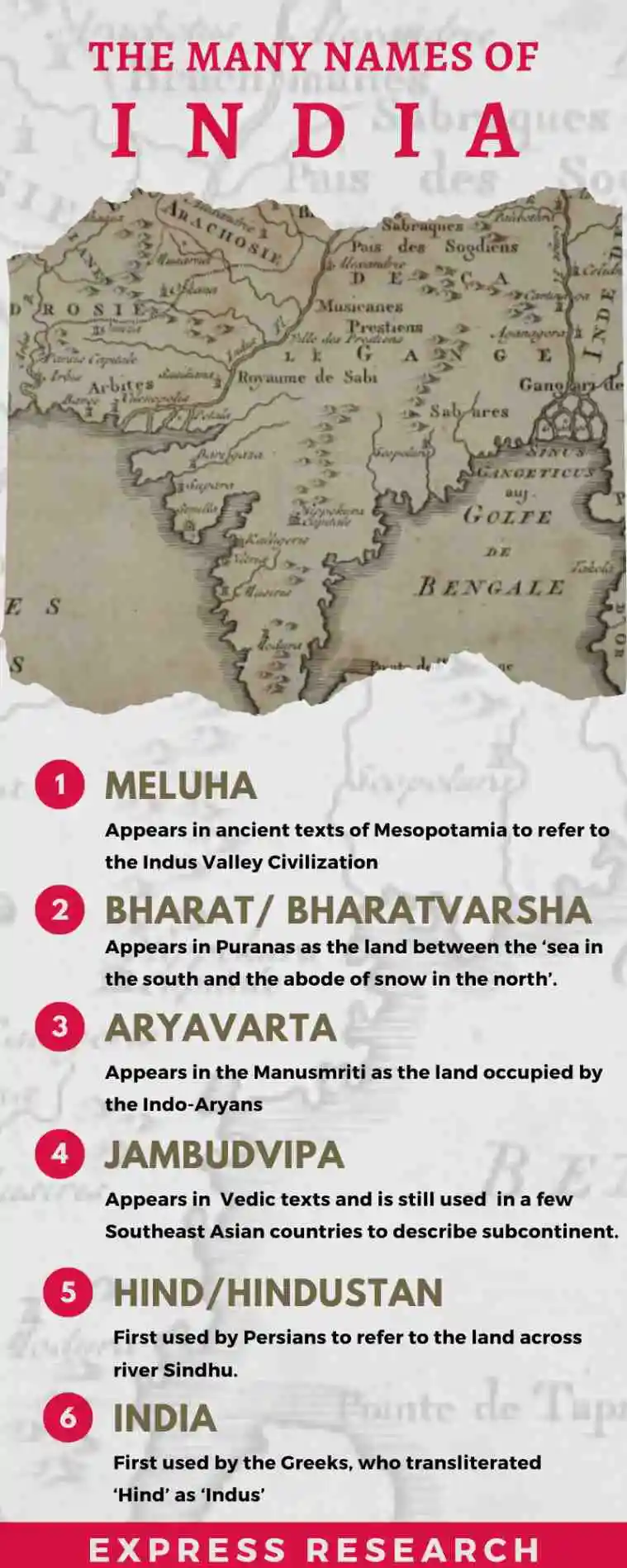Why did Britain give up India?

Are you curious about why Britain decided to give up India? The answer to this question lies in the complex history of British rule in India. One of the key factors that led to Britain relinquishing control of India was the role of Muhammad Ali Jinnah, a prominent leader in the independence movement. With tensions rising between different religious and political groups in India, the British administration was facing mounting pressure to address these issues. In this article, we will explore the reasons behind Britain's decision to give up India and the impact of Muhammad Ali Jinnah on this pivotal moment in history.
One of the main reasons why Britain decided to give up India was the increasing calls for independence from Indian leaders. The Indian National Congress, a political party advocating for self-rule, had been gaining momentum in its push for independence. At the same time, the Muslim League, led by Muhammad Ali Jinnah, was also demanding a separate Muslim state. The British administration, feeling overwhelmed by the growing divide between Hindus and Muslims, decided to expedite the process of granting independence to India.
Despite the efforts of the British government to maintain control over India, the push for independence had become unstoppable. The growing tensions between different religious and political groups led to increased violence and unrest in the country. In 1947, the British government announced its plan to partition India, creating two separate nations: India and Pakistan. This decision was brought forward by a year due to the escalating tensions in the region.
The role of Muhammad Ali Jinnah, the leader of the Muslim League, was instrumental in the partition of India. Jinnah had been advocating for a separate Muslim state for years, arguing that Muslims would not be able to practice their religion freely in a predominantly Hindu India. His efforts to secure a separate nation for Muslims ultimately led to the creation of Pakistan.
In conclusion, Britain gave up India due to a combination of factors, including the mounting pressure for independence, the growing divide between religious and political groups, and the role of Muhammad Ali Jinnah in advocating for a separate Muslim state. The partition of India in 1947 marked the end of British rule in the region and the beginning of a new era for India and Pakistan.



